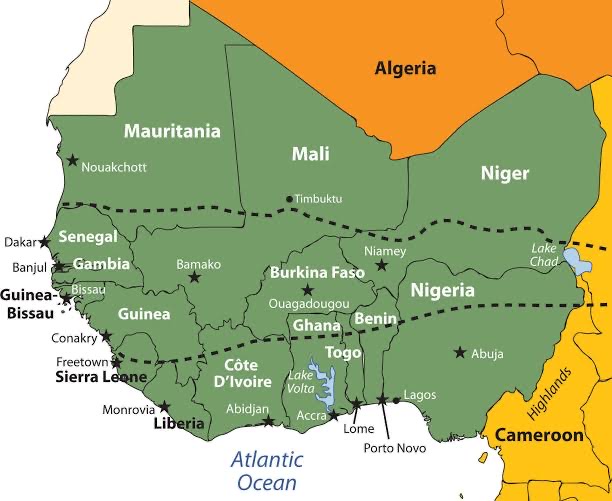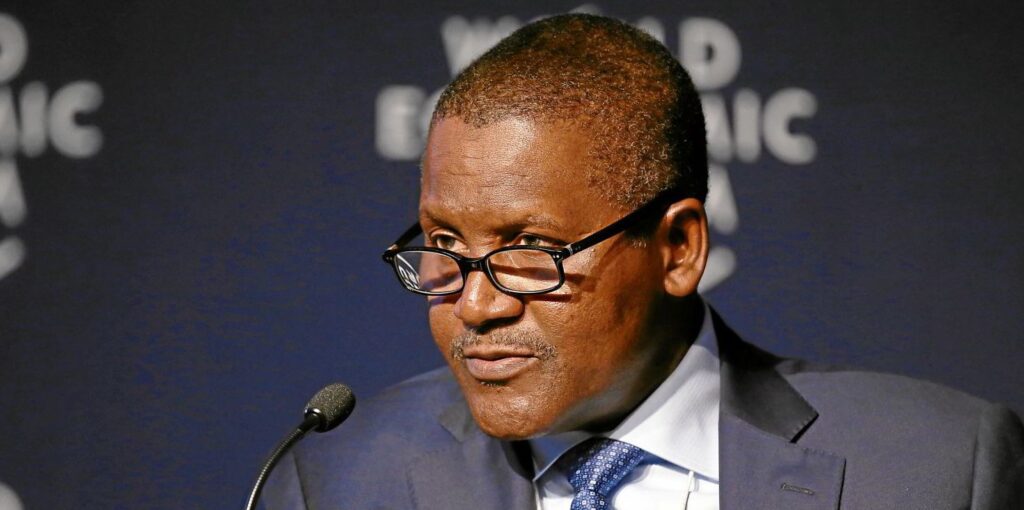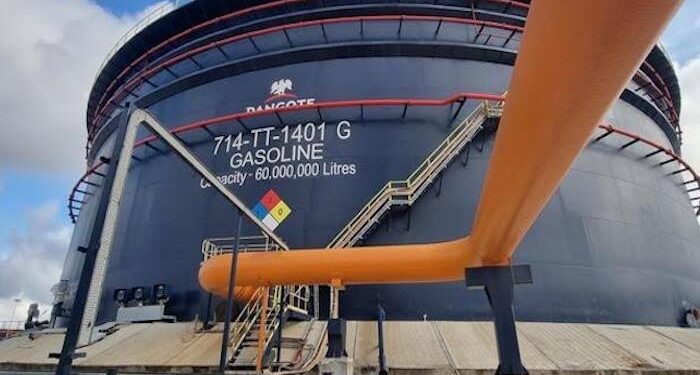The Dangote refinery has started exporting diesel fuel to neighboring West African countries, according to trade and shipping data.
The development comes amid a decline in diesel imports to the region from Europe. The $20 billion refinery is currently producing lower-quality diesel than expected as it waits to restart equipment needed to produce the cleaner fuel, according to report findings.

As a result, the refinery is looking for buyers in neighboring markets. “The refinery has changed the balance in West Africa” and is impacting European markets, a European distillates trade source told Reporters.
EU and UK gasoline exports to West Africa fell to a four-year low of 29,000 barrels per day in May, while Russian exports to the region fell to an eight-month low of 87,000 barrels per day in the same month, according to a report.

Dangote has sold high-sulfur diesel to the Nigerian market, but disputes have arisen with local fuel retailers over who is responsible for selling the dirtier fuel. The Petroleum Industry Act passed in 2021 requires that diesel must have a sulfur content of 50 ppm to comply with ECOWAS sub-regional standards adopted in 2020.
Regulators, however, allowed local sales of diesel with sulfur content above 200 ppm from the start of the year until June, giving local refineries and importers more time to comply with the new standards.
Cargoes from the Dangote refinery are finding markets in areas with looser fuel standards as European countries, including major hubs such as Belgium and the Netherlands, tighten export controls on high-sulfur diesel.
Trade sources familiar with the specifications said refineries were producing and exporting diesel with 800 to 1,300 ppm, well above the 200 ppm limit. But the company said gasoline levels were on track to reach 10 ppm soon.
“We are commissioning the plant and will be ready within two weeks,” Dangote refinery executive Davakumar Edwin said. Dangote said in a statement last week that it was working in stages to meet the new standards.































